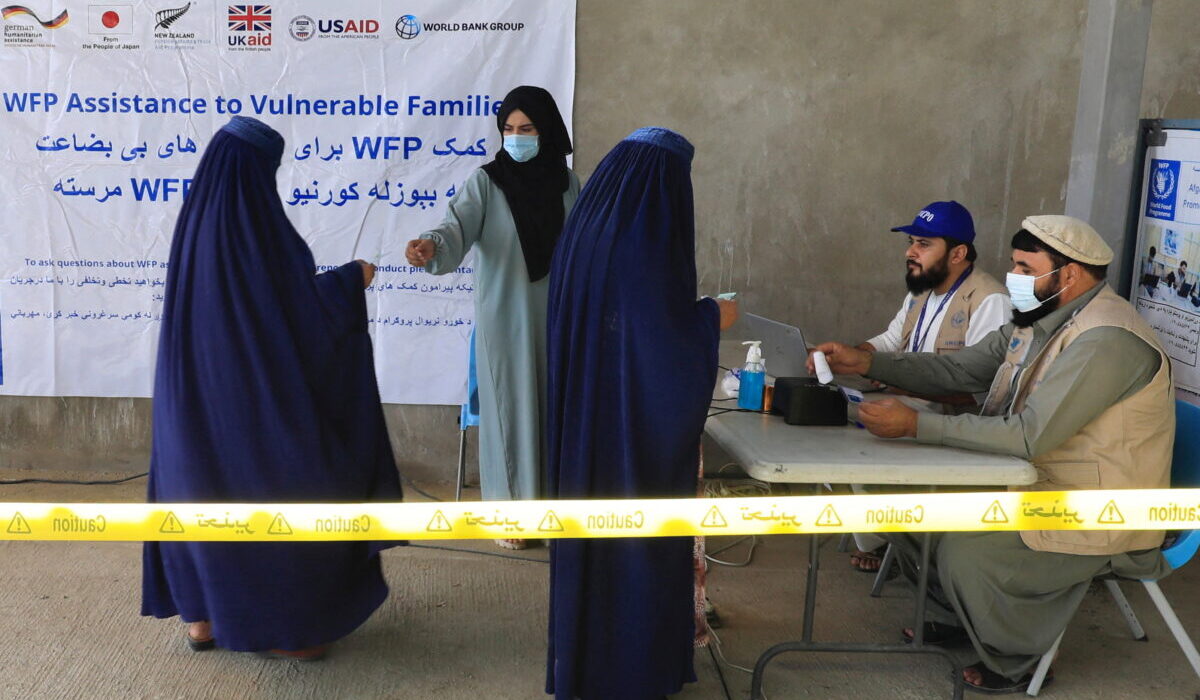KABUL, Afghanistan — The United Nations World Food Programme has warned that recent U.S. cuts to food aid could deepen Afghanistan’s hunger crisis, leaving millions without access to sufficient food as the country teeters on the brink of famine.
In an interview with Agence France-Presse, Mutinta Chimuka, WFP’s acting country director in Afghanistan, said the agency is now only able to support half of those in need—and even then, only with half rations. She described the situation as dire and called on international donors to step up their support.
“Only about eight million people will get assistance across the year, and that’s only if we receive the remaining funding we expect from other donors,” Chimuka said. “We’re already giving a half ration to stretch the resources that we have.”
Afghanistan is facing the second-worst humanitarian crisis in the world, according to the U.N., with approximately one-third of its estimated 45 million people requiring food assistance. More than 3.1 million are said to be on the brink of famine.
Typically, WFP would assist about two million people in the coming months to prevent famine. “That’s already a huge number that we’re really worried about,” Chimuka said.
This year, the WFP has seen a 40 percent global reduction in funding, and assistance to Afghanistan has been steadily declining. In response, the agency has been forced to divide its standard ration—meant to provide the daily recommended 2,100 kilocalories per person.
“It’s a basic package, but it’s life-saving,” Chimuka said. “And we should, as a global community, be able to provide that.”
The WFP is among several humanitarian organizations affected by U.S. President Donald Trump’s decision to freeze all foreign aid for three months, signed shortly after his inauguration in January. While emergency food assistance was initially expected to be exempt, the administration this week announced cuts to aid in 14 countries, including Afghanistan.
The WFP described the move as a “death sentence for millions of people” if fully enacted. The administration later reversed the decision for six countries—but Afghanistan, where the Taliban returned to power in 2021, was not among them.
“If additional funding doesn’t come through,” Chimuka warned, “then there’s the possibility we may have to go to communities and tell them we’re not able to support them. And how do they survive?”
She also pointed to widespread unemployment, entrenched poverty, and the ongoing forced return of Afghan migrants from Pakistan, many of whom arrive with little more than the clothes on their backs.
Earlier this week, the U.N. Assistance Mission in Afghanistan (UNAMA) called on donors to maintain their support, emphasizing that 22.9 million Afghans are in need of humanitarian assistance this year.





